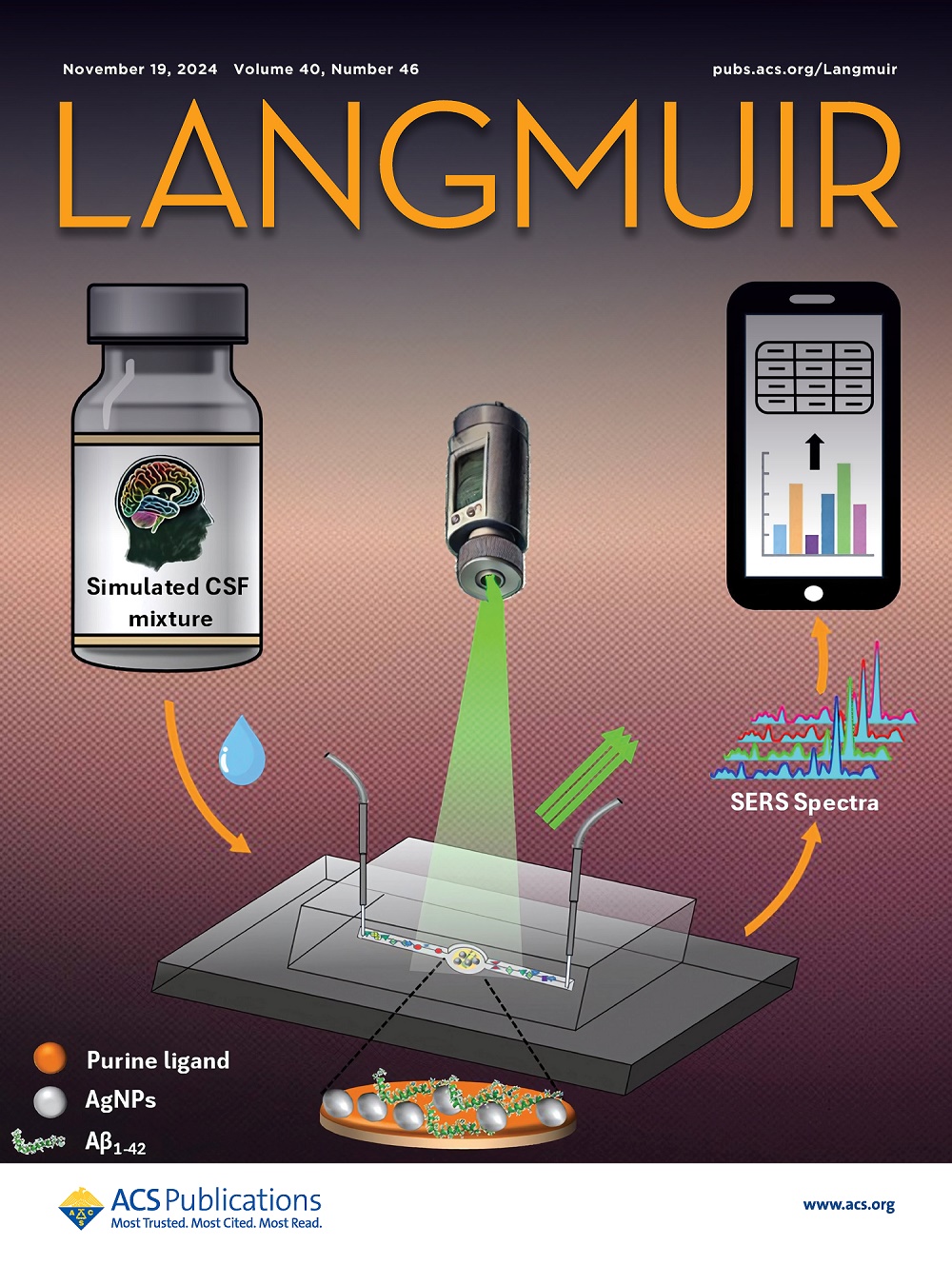Solar Energy-Promoted Bisphenol A Degradation with Immobilized Laccase in an Fe3O4-Embedded Metal–Organic Framework
Abstract
Bisphenol A (BPA) is a well-recognized endocrine-disrupting chemical that poses risks to both human health and the environment. Laccase can effectively biodegrade bisphenol A, but the low environmental temperature (~25 °C) restricts the biodegradation efficiency. In this study, the enzyme laccase and Fe3O4 with solar–thermal conversion capability were coimmobilized into zeolitic imidazolate framework-8 (Lac@ZIF-8-Fe3O4) to facilitate efficient biodegradation of bisphenol A under simulated solar irradiation. Compared to free laccase, Lac@ZIF-8-Fe3O4 exhibited high activity recovery (115.5%), an ~39% increased catalytic constant, more effective bisphenol A biodegradation (up to 24-fold) at extensive bisphenol A concentrations (5–100 mg/L), excellent thermal stability (50 °C, 12 h), acid-tolerance (pH 3), and storage ability in 10 days. Simulated solar irradiation (1 kW/m2) increased the temperature of Lac@ZIF-8-Fe3O4 solution (10 μg laccase/mL) from 25 to 42.5 °C within 15 min, resulting in 96.4% biodegradation of bisphenol A within 60 min, nearly double the biodegradation efficiency under dark condition (55.9%). Furthermore, Lac@ZIF-8-Fe3O4 maintained 99.0% biodegradation efficiency even after 12 recycles of use under simulated solar irradiation (5 mg/L bisphenol A, 80 min/cycle). This work has thus offered efficient biocatalysis for integrating solar-energy promotion and enzymatic catalysis in treating environmental BPA pollutants. Further, the experimental findings benefited from the development of more sustainable and high-performance immobilized enzyme preparations for pollutant treatment via solar–thermal promotions.





